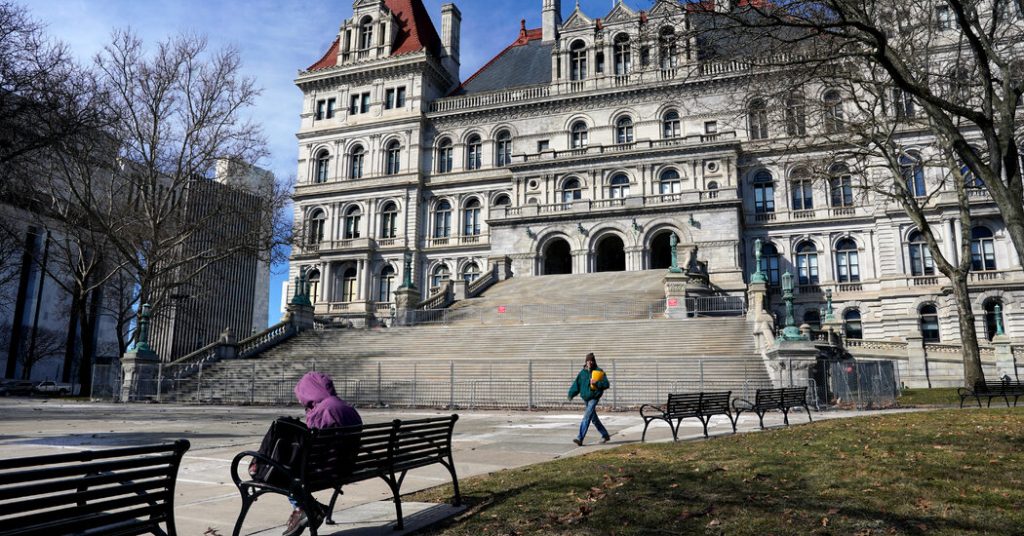In the lead-up to April 1, the New York State Capitol is usually a flurry of activity as the governor, lawmakers, and staff work to pass a state budget. This year, however, budget talks stretched almost three weeks past the deadline, leading to concerns that Gov. Kathy Hochul may have lost control of the process. Despite the delay, Hochul ultimately achieved her goal of passing a final $237 billion budget that included important priorities, such as resources to fight retail crime, a statewide artificial intelligence consortium, and a housing deal to boost residential construction without raising taxes on the wealthy.
Hochul’s approach to the budget negotiations reflected lessons she has learned since taking office in 2021: she believes that collaboration is key to effective governance, and getting a good deal is more important than rushing the process. In this year’s budget, she successfully negotiated for an extension of mayoral control of New York City schools for two years, among other provisions. The budget also includes increased funding for migrant services in New York City, a new tax break for developers, expanded tenant protections, and greater enforcement powers for cracking down on unlicensed cannabis shops.
Despite the overall success of the budget negotiations, there were some contentious issues that had to be addressed. Lawmakers were able to block Hochul’s proposed cost-cutting measures, leading to a $4 billion increase in the total budget. Changes were made to the funding formula for school aid and healthcare, with additional funding allocated for Medicaid and distressed hospitals. However, compromises had to be made, such as accepting the consolidation of health services administration for chronically ill and disabled patients, which was unpopular among both Democrats and Republicans.
Another key issue was the finalization of mayoral control of schools, which had been a sticking point in negotiations. Despite resistance from Democrats in the Legislature, Hochul leveraged her influence to secure an extension of mayoral control for Mayor Eric Adams in New York City. The housing deal was a central point of contention, with lawmakers on the left pushing for protections for tenants in market rate units in exchange for a new developer tax credit. There was considerable debate over the inclusion of “good cause” eviction restrictions, with Hochul ultimately winning carve-outs to limit the protections to New York City.
Housing advocates and left-leaning lawmakers criticized the final housing deal, arguing that it did not go far enough to protect tenants. Despite the compromises made, including exemptions for luxury units and landlords with fewer than 10 units, many felt that the deal fell short of their campaign goals. Additional issues addressed in the final stages of negotiations included a deal to lower New York City’s speed limit and measures to increase tenant protections under good cause eviction. In the end, the luxury threshold exemption for good cause eviction was set at $6,000 a month for a one-bedroom apartment, and Mayor Adams received a two-year extension of school control.
In conclusion, the passage of the New York state budget for the current fiscal year was a complex process that involved significant negotiations and compromises. Gov. Kathy Hochul successfully navigated the challenges of passing a budget that addressed key priorities while satisfying various stakeholders. Though there were disagreements and contentious issues, ultimately a budget was passed that will fund important initiatives in the state and pave the way for future policy decisions.


